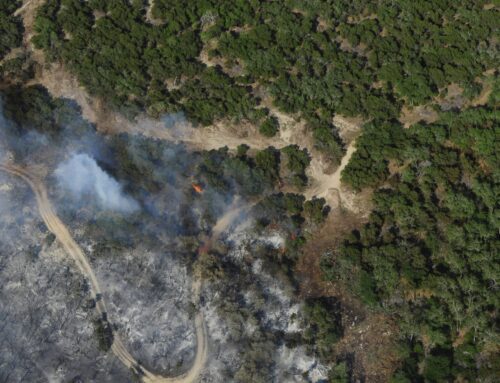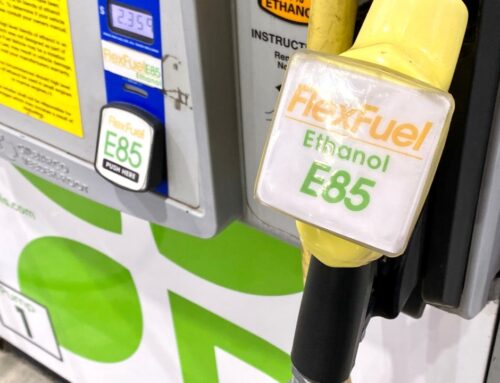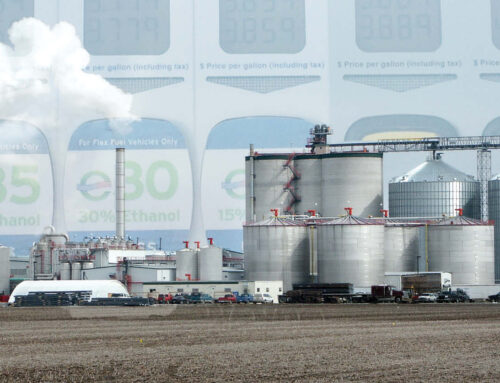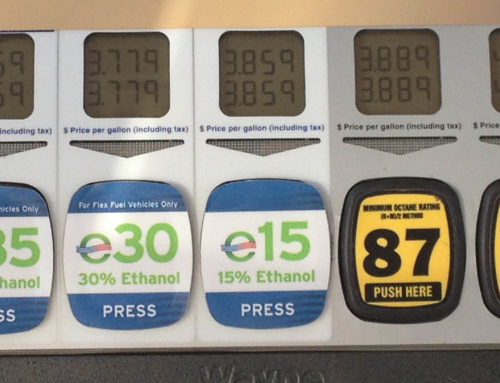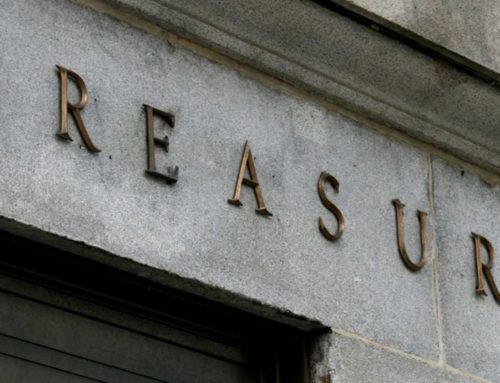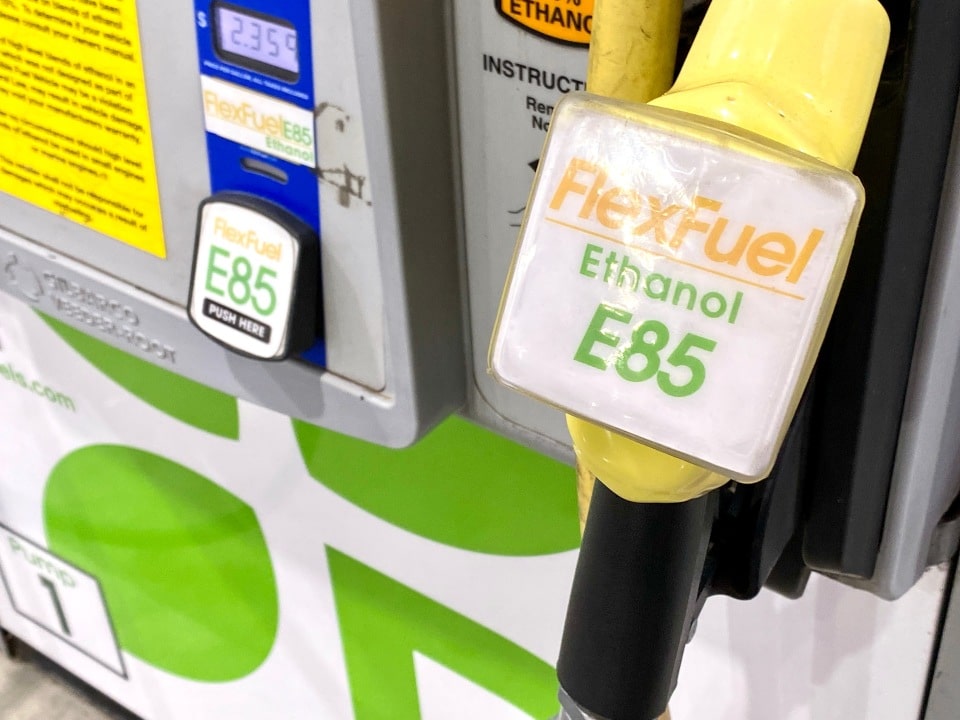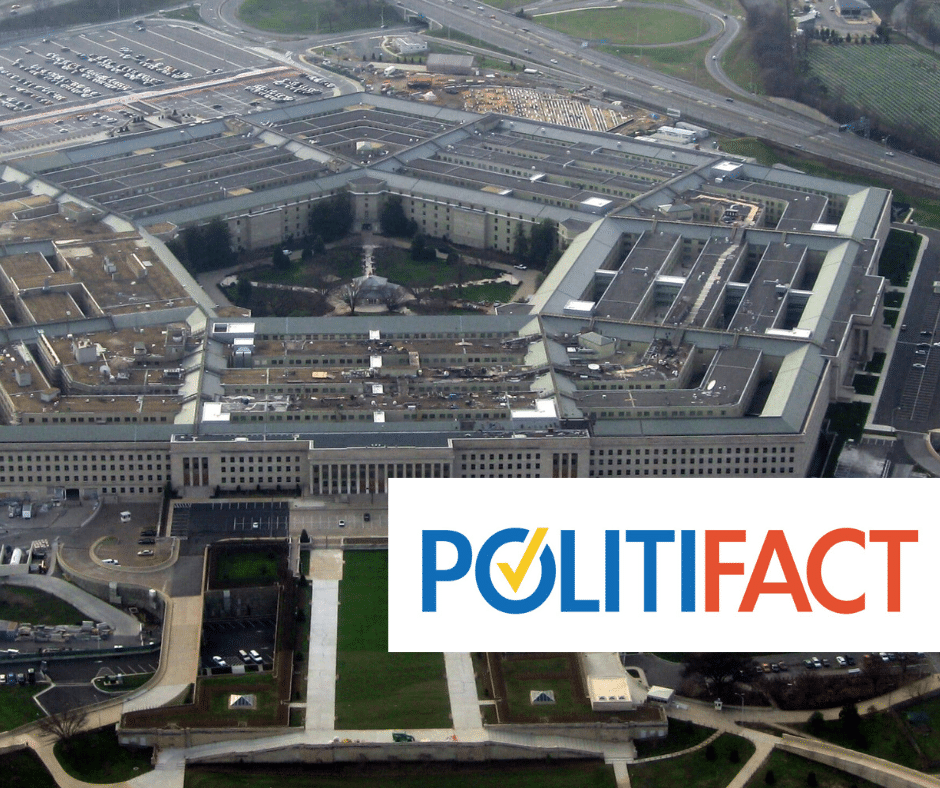Last week, I travelled to Dickinson, North Dakota to speak at a Department of the Interior hearing on a rule to reduce wasted gas. Hearings like this one are an important part of the process because they allow people to make sure their voices are heard before new rules and regulations become final, and because they allow the officials who work on these rules – whether they are in Washington or in the states – to hear from some of the people in the communities where a new rule might create change.
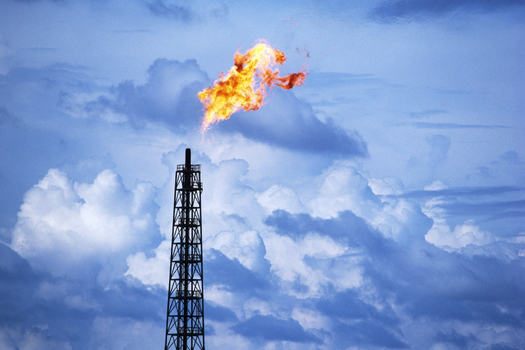 I support this rule because it is both overdue and makes sense. Currently, oil and gas producers who extract taxpayer-owned resources do not have to pay royalties on gas that it considered “unavoidably” lost – gas that is released or burned off instead of captured and brought to market. This phrase makes it sound like this is not such a big problem, but in fact 375 billion cubic feet of gas was “unavoidably lost” between 2009 and 2013, enough to provide power for 5 million homes for a year.
I support this rule because it is both overdue and makes sense. Currently, oil and gas producers who extract taxpayer-owned resources do not have to pay royalties on gas that it considered “unavoidably” lost – gas that is released or burned off instead of captured and brought to market. This phrase makes it sound like this is not such a big problem, but in fact 375 billion cubic feet of gas was “unavoidably lost” between 2009 and 2013, enough to provide power for 5 million homes for a year.
And the problem has been getting worse, not better. The amount of gas lost in 2013 through venting and flaring from taxpayer-owned lands was double the amount lost in 2009. The government estimates that almost $400 million worth of natural gas was lost from federal lands just in 2013, with an estimated royalty value of about $50 million.
What this rule would do is require operators to reduce the gas being wasted by using more current drilling technology, paying closer attention to possible leaks and fixing the ones they find, and submitting waste minimization plans along with their application for a permit to drill new wells.
At the hearing in North Dakota, members of the communities where gas is being vented and flared spoke both in support of the rule and to question the need for a new rule. The local supporters of the rule cited a number of reasons – from concerns about health and safety, concerns about the contribution of methane to climate change, lost revenues to taxpayers, and the inconvenience of having flaring gas wells lighting up the night sky near their homes. Local opponents of the rule also cited several concerns, but almost everyone speaking out against the rule asked the Department of the Interior to extend the period of time before the rule become final. Again, like the idea of “unavoidable losses” this sounds reasonable on its face, but it ignores the context in which this policy change is made.
The simplest point about why this rule needs to be finalized as soon as possible is that time is money. After years of study and deliberation at the Department of the Interior, we cannot afford to delay any longer. Oil and gas operators are wasting taxpayer assets by literally releasing them into the air without paying for them and the longer we wait the more money we lose.
Taxpayer-owned natural resources are an important source of revenue. With an $19 trillion dollar debt, taxpayers can't afford to waste our resources – we need every dollar we are owed.
Ryan Alexander is president of Taxpayers for Common Sense.

